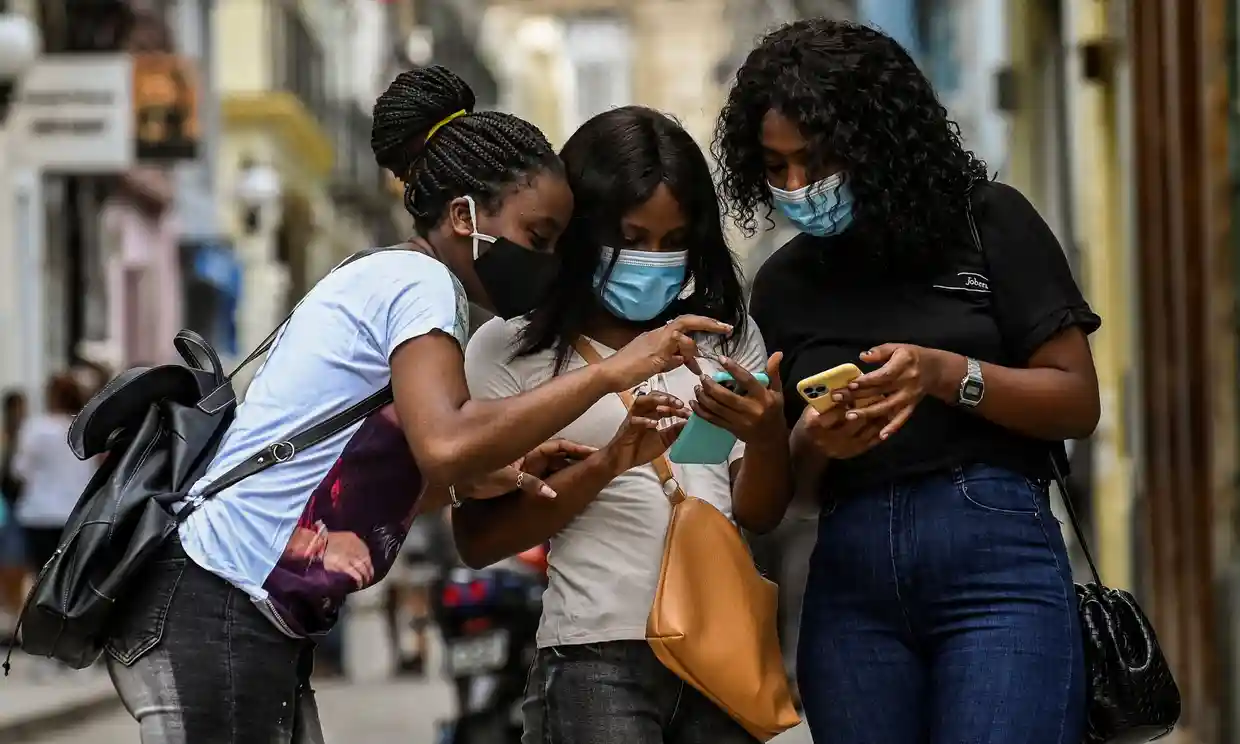March 8th marks International Women’s Day, with the United Nations celebrating it under the theme “DigitALL: Innovation and Technology for Gender Equality.”
Considering the significance of the day this year for inclusive and transformative technology and digital education.
💙We will not stay silent.
🙌We will not stay still.
🔊We will raise our voices.
✊We will show our will.
⚡️We will #PowerOn until
✔️There is an equitable digital future for all girls and women.Are you with us?#IWD2023 pic.twitter.com/DywzqfziY9
— UN Women (@UN_Women) March 8, 2023
According to UN Women data, globally, only 22 percent of workers in artificial intelligence are women. A worldwide analysis of 133 AI systems across industries reveals that 44.2 percent demonstrate gender bias.
It not only marks a tribute to all those women in tech, a realm that remains overwhelmingly male but also highlights the need for gender inclusivity in advancing rights.
A persistent disparity between men and women in digital access keeps women from unlocking technology’s full potential. The underrepresentation in science, technology, engineering, and math (STEM) education further restricts careers.
In addition, the pervasive threat of gender-based violence on online platforms and the lack of a legal remedy pushes them away from the little digital spaces they occupy.
Csaba Kőrösi, the President of the 77th session of the General Assembly, said: “According to some evaluations, the exclusion of women from the digital world has shaved $1 trillion from the GDP of low- and middle-income countries in the last decade.”
“Worse, if women and other marginalized groups are not given sufficient access to technology, we leave untapped vast additional capabilities to solve the many challenges that we are facing,” he added. (UN News)
‘Promise of Technology’
In addition, the remarks of the UN Chief for the event, delivered by his Chief de Cabinet, Courtenay Rattray, flagged that the promise of technology would mean “confronting its perils,” which includes bridging the “connectivity gap,” as 3 billion people across the globe, comprising mainly women and girls in third-world countries, are still unconnected from the internet.
Furthermore, she called for breaking all stereotypes that discourage women and girls from studying or pursuing the fields of science and mathematics.
Doreen Bogdan-Martin, the first woman Secretary-General of the International Telecommunication Union (ITU), said: “We also have a unique opportunity… to ensure gender equality happens in our lifetime and not in 300 years.”
Image Credits: ITU/ Rowan Farrell
“No more excuses for not having digital gender equality now, everywhere,” she added.
Digital Rights
While Sima Bahous, Executive Director of UN Women, asserted that “Digital Rights are Women’s Rights,” she emphasized the need to fix the institutions and the harmful gender stereotyping surrounding technology, innovation, and education that fail women and girls and continue to do so.”


